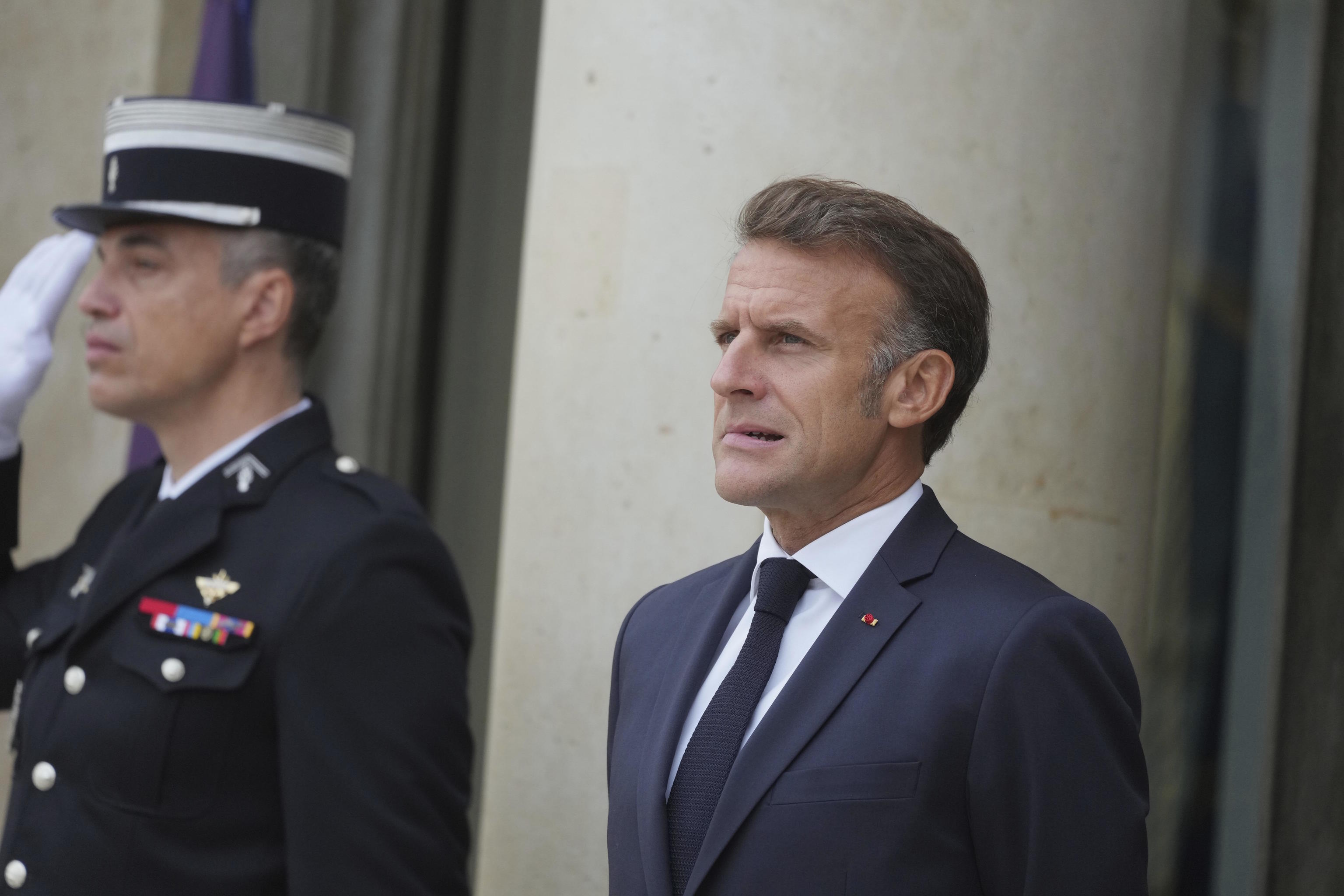Emmanuel Macron has proposed expanding the center-right Government coalition to accommodate the Socialist Party and avert the current political crisis without having to call new early elections. The French president, who has reached a new low in popular support even below that recorded during the yellow vests crisis, invited the leaders of his fragile coalition to "work with the socialists" as the magical formula to avoid the chaos that could take hold of the country if centrist François Bayrou loses the vote of confidence on September 8.
The Socialist Party is currently the fourth largest group in the National Assembly (with 66 out of 577 deputies). Its leader, Olivier Faure, announced last week the "irrevocable decision" of his party to vote against Bayrou's Government, considering his "recession budget" (with social cuts of 43.8 billion euros and the elimination of two public holidays) is based solely "on the effort of workers".
However, Faure has relatively softened his tone in recent days and has stated "being available to the Head of State at all times to discuss the conditions under which we could effectively take up positions in the Government". The socialist leader has even shown willingness to take over at Matignon (the official residence of the Prime Minister) in the event of François Bayrou's likely fall.
Macron's challenge to his own coalition "to stay united and expand" its reach has already created serious tensions, especially on the right flank led by The Republicans. "That coalition will be without us!", was the reaction of its leader and current Interior Minister, Bruno Retailleau. "We cannot have a Government agreement with the Socialist Party", added Senate President, Gérard Larcher, another prominent member of the party representing traditional right-wing values.
The gesture towards the socialists is seen as Macron's last desperate attempt to avoid calling new early elections, following the chaos caused by the elections held in July 2024, resulting in the loss of the absolute majority by his coalition of moderate forces and the creation of three almost irreconcilable blocs: the far right (led by National Rally, of Marine Le Pen), far left (around Jean-Luc Mélenchon and La France Insoumise), and centrist parties (from Renaissance, of Gabriel Attal, to Horizons, of Édouard Philippe).
Macron was forced to shift to the right and appoint veteran Michel Barnier from The Republicans as Prime Minister, who lasted barely three months in the position. Centrist François Bayrou took over in December and has survived eight votes of confidence, mainly driven from the left.
Marine Le Pen's announcement anticipating her party's intention to vote against Bayrou could lead to his downfall next week, when popular protests against the budget cuts promoted by the centrist Prime Minister are also scheduled. The crisis could drag Macron down, who has staunchly defended "the brave and bold budget" to contain the deficit and public debt.
Macron and Bayrou have been the most unpopular executive duo in the Fifth Republic for months, and everything that has happened since the early budget announcement in early July has only worsened their image. Only 15% of the French population currently have "confidence" in Macron, according to Le Figaro Magazine's barometer, noting that this is the lowest level of popular support even lower than during the yellow vests crisis.
Engaged in projecting his statesman image on the international stage (on Thursday, he will give a new boost at the Élysée to the Volunteer Coalition in Ukraine), the French president faces the most serious credibility crisis among his compatriots and has been forced to state in a press conference that he does not intend to resign and plans to complete his term until spring 2027.
